Mediter'EAT'ean diet & your heart
We have all been dreaming about a trip to the Mediterranean for the white sandy beaches, warm sunshine, blue ocean and of course, the food. Transport yourself there this month through your food choices.
The Mediterranean diet emphasises a variety of fruits, vegetables, whole grains, beans and legumes, healthy fats which include fish, nuts and olive oil with moderate amounts of animal proteins i.e. eggs, dairy, and poultry, and limited intakes of red meat.
Our 5 top tips to eat like a Mediterranean:
Buy fresh produce: Load up on fresh, in-season produce where possible. It’s often less expensive, tastier, and encourages variety throughout the seasons. Choose coloured vegetables to add a pop of colour and flavour to your plate.
Kick up the spice: Seasoning with spices and herbs i.e. basil, oregano, mint or dill can add flavour to your dishes allowing you to reduce or completely swap out salt.
Try out new proteins: Beans and legumes i.e. lentils, chickpeas, butter beans, broad beans, green beans and peas are good plant based sources of protein. Try replacing meat a few times a week with fish or vegetable proteins.
Opt for healthy fats: Nuts and seeds i.e. walnuts, almonds, cashews, flax and sunflower seeds, olive oil, and oily fish i.e. salmon, sardines and mackerel provide us with omega-3, heart healthy fats.
Fill up on whole Grains: In the form of bread, pasta, rice, couscous, barley, buckwheat, bulgur, millet and oats, opt for the brown or wholegrain versions which help also help increase your fibre intakes.
The Mediterranean diet constitutes the eating patterns and coastal cuisines of 16 countries that border the Mediterranean Sea, including Greece, Spain, Italy, France and Lebanon. This mix of cultures, combined with the unique climate of the area, lends itself to an almost infinite blend of culinary possibilities, all with an unforgettable taste.
The Mediterranean diet has been gaining in popularity and for good reason, the high intake of fruits and vegetables provide a rich variety of vitamins, minerals and fibre.
Research has shown that a Mediterranean eating pattern rich in healthy fats (mono and polyunsaturated fats from the fish, nuts and oils) and lower in saturated fat and cholesterol provides protection against heart attack and stroke, has been associated with improved cognition and mental health, as well as reduced risk for diabetes, cancer and other chronic diseases.
Shifting the way you eat can be intimidating at first, but starting with even one small change at a time can make a big difference. Don’t be afraid to try out a new recipe, type of food, texture or cooking technique. Check out our Mediterranean Beans with Couscous recipe to get started today.


